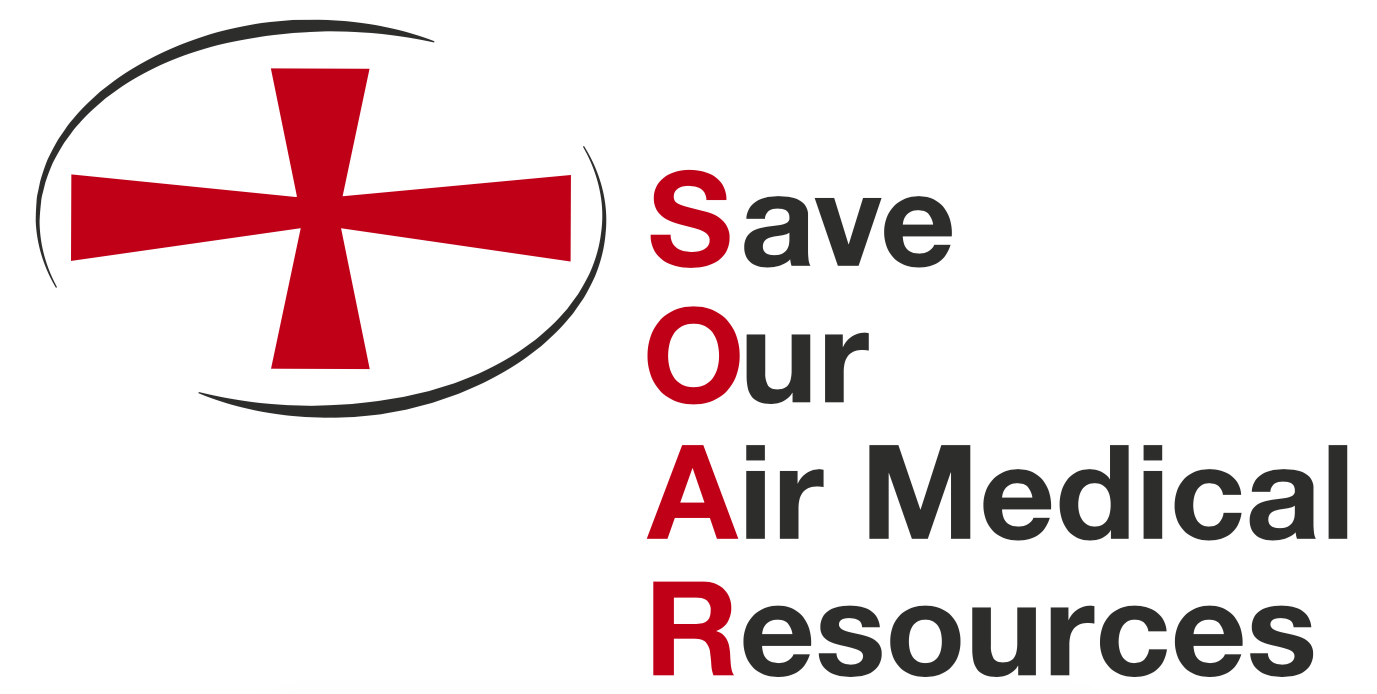As Americans feel the economic strain of the COVID-19 pandemic, insurance companies are basking in record profits from a decrease in utilization as patients put off elective surgeries and routine care. At the same time, access to emergency health care, especially for Americans living in rural areas, is shrinking and at risk – and the unfair practices of these very same insurers are partially to blame.
Throughout the pandemic, air ambulances have been playing a critical role, transporting patients suffering from COVID-19 symptoms, from breathing problems to respiratory distress, to the nearest emergency room. In so doing, these emergency air medical providers are relieving overwhelmed rural hospitals by transferring patients to better equipped medical centers in urban areas. To date, air ambulances have transported an estimated 10,000 confirmed or suspected COVID-19 patients, everywhere from rural Nebraska to New York City.
Yet while air medical services are a key component of the health care delivery system, and will remain so long after the pandemic subsides, many air medical providers are facing financial stress that threatens their viability. The unfair practices of some private insurance companies, coupled with low government insurance reimbursement rates, have contributed to 57 air medical base closures since January 2019.
Seventy percent of all air transports are covered by Medicare and Medicaid, and reimbursement by these programs is only about half the actual cost of delivering care. Yet, air ambulances are deployed regardless of a patient’s ability to pay. This means private insurers must pay their fair share to keep this critical industry viable. For those with private insurance, however, claims are often denied on the basis of “medical necessity,” even though air ambulances are only deployed at the request of a doctor or EMT. This means that an insurance company employee reviewing paperwork is claiming to know better than a trained medical professional when a medical situation is dire enough to deploy an air ambulance.
But this go-to excuse from insurers routinely sticks patients with a big bill they cannot hope to pay. Complaints about “surprise medical billing” are not uncommon in the media and on Capitol Hill, but more often than not the real surprise is the insurers’ refusal to cover needed medical care that their customers pay monthly premiums for and rightfully expect. Passing on the bill to patients in turn threatens the ability of air medical bases to be on call and ready to deploy 24 hours a day, 365 days a year, an understandably costly – yet undeniably life-saving – operation.
What’s more, some large insurers refuse to bring air medical providers in-network. This is despite a recent Sierra Health Group study which calculated that air medical services represent only $1.70 of monthly insurance premiums. I think many would gladly pay less than the price of a cup of coffee for the peace of mind that comes with knowing transport via an emergency air ambulance will be covered by their insurance company should a disaster occur.
Given that both Anthem and UnitedHealth reportedly doubled their profits in Q2, and Cigna’s profits continue to rise, large insurers should be more incentivized now than ever before to bring air medical providers in-network. What’s stopping them?
Adequate network agreements between insurers and air medical providers are imperative to protect patients from large balance bills while preserving access to care, particularly in rural communities where hospitals have been closing at staggering rates. These closures have left millions of Americans living outside a 30-minute drive from the nearest hospital and an hour drive from the nearest Level 1 or Level 2 trauma center. When tragedy strikes and every minute counts, this distance can be fatal. Fortunately, air ambulances can swiftly transport patients while treating them in the air, vastly improving outcomes and often saving lives
Large insurers have been behaving badly for far too long, refusing to come to the negotiating table with air medical providers to reach in-network agreements, denying claims based on “medical necessity” despite a medical professional deeming the transport such, and even, more recently, denying claims for COVID-19 care.
It is time that Americans and the policymakers that represent them in Washington demand better. Insurers are enjoying sky-high profits amid a pandemic that has many Americans suffering financially. There is no longer any excuse for insurers to avoid doing what’s right. People’s lives depend on it.

